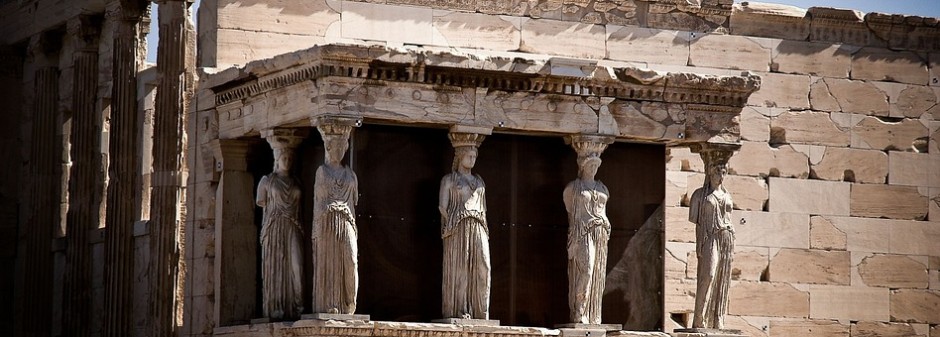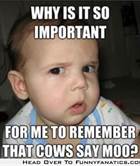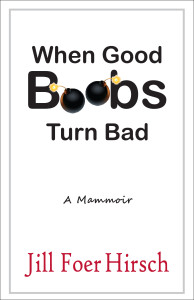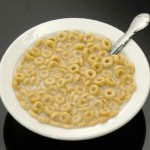Pardon me if this looks familiar, but realistically how many Rosh Hashanah posts can I be expected to concoct? It’s enough a’ready. Happy new year!
The Jewish New Year, Rosh Hashanah, begins at sunset tonight. Jews around the world will welcome year 5774 by eating a huge meal, going to synagogue, and sleeping until someone pokes them.
Rosh Hashanah kicks off the High Holidays, the ten Days of Awe in which Jews pray that the holiday will soon be over. It is believed that the Book of Life is opened on Rosh Hashanah, and you have ten days to edit your page in the book by erasing all your sins from the prior year. It’s always good to inscribe yourself with a pencil, to maintain a little flexibility. This is why sales of no. 2 pencils skyrocket this time of year.
Yom Kippur is the finale and the holiest day of the year; it is when the Book of Life is closed and your destiny is sealed for another year (hopefully). Jews eat pretty big meals to commemorate all holidays, but the afternoon before Yom Kippur begins at sunset, we eat even more. This is because you must fast for the next 24 hours. You’re supposed to be focused on atoning for all your sins, but who can think with a growling stomach? Taking food away from Jews on Yom Kippur is like taking booze away from the Irish on Christmas.
Some people may confuse the Jewish New Year with the Chinese New Year, and they actually share some of the same traditions. Chinese New Year kicks off with visits to elderly family members. Rosh Hashanah starts off by checking in on your elders at the cemetery.
During Chinese New Year single women write their contact info on mandarin oranges and toss them into the river where they are collected by single men. If the orange is sweet, so is the girl, and if it’s sour, well, she better be really hot. Jews have a ritual called Tashlich, where we throw bits of bread in a river to symbolically cast off our sins. It doesn’t matter if the bread’s sweet, sour or stale; the Jew who threw it doesn’t ever want to see it again.
Food traditions are surprisingly similar. Jews begin many holiday meals with gefilte fish, a kind of jellied fish meatball (not to be confused with a jellyfish meatball, which is a totally different thing). It’s eaten with horseradish which masks the smell and taste of the fish. A classic Chinese New Year dish is yusheng, a raw fish salad. Jews eat big matzoh balls in chicken soup as their second course. The second course for Chinese New Year is tangyuan, a glutinous rice ball served in soup.
That is where the tradition of the two New Year’s branch off in different directions. The Chinese New Year is based on 12 animals, dragon, pig, dog, rat, rooster, ox, tiger, snake, horse, goat, monkey and rabbit. The Jewish New Year is based on synagogue gossip. For example, Jews say “oy vey has he aged, he looks like a dog” or “that woman is as stubborn as a goat”, and on Yom Kippur, when no one is allowed to brush their teeth, the common greeting is “nice dragon breath you got there.”
The Chinese New Year is celebrated by firecrackers, parades and dragon dances, and children are given “lucky money” in red envelopes. For Jews, firecrackers just result in everyone complaining they have a migraine, and money talk revolves around how much it costs to buy clothes for the holidays and speculation on whether that ox of a woman Mildred owns any other dress than the one she wears every year. Kids who engage in a little mishegas (craziness) and stomp around like dragons are immediately reprimanded by an adult, any adult, hissing in their ears like a snake.
Parades? Not so much; the Jewish commemoration includes ritual self-flagellation while droning on about sins. Although while not a parade, exactly, the Jews rushing for the food at the end of Yom Kippur services is certainly a spectacle.
Wishing everyone a Happy New Year, no matter how or when you celebrate. May you be sealed in the Book of Life. From now until sunset tonight, we’re going to go party like it’s 5773.
Like this:
Like Loading...





